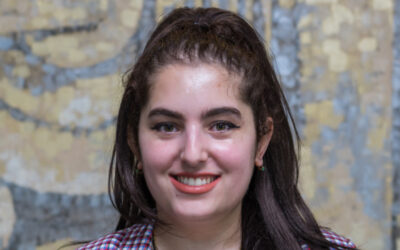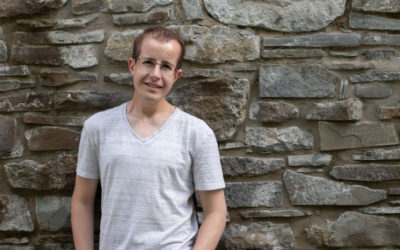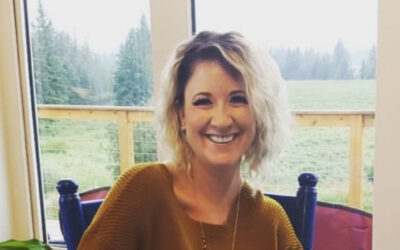I’m Thankful
I’ve found it difficult to share my childhood cancer story. Not because I’m sensitive or emotional about it, but because I have a hard time seeing the relevance. It happened not only in another century but another millennium altogether. My treatments and experiences are practically ancient medical history.
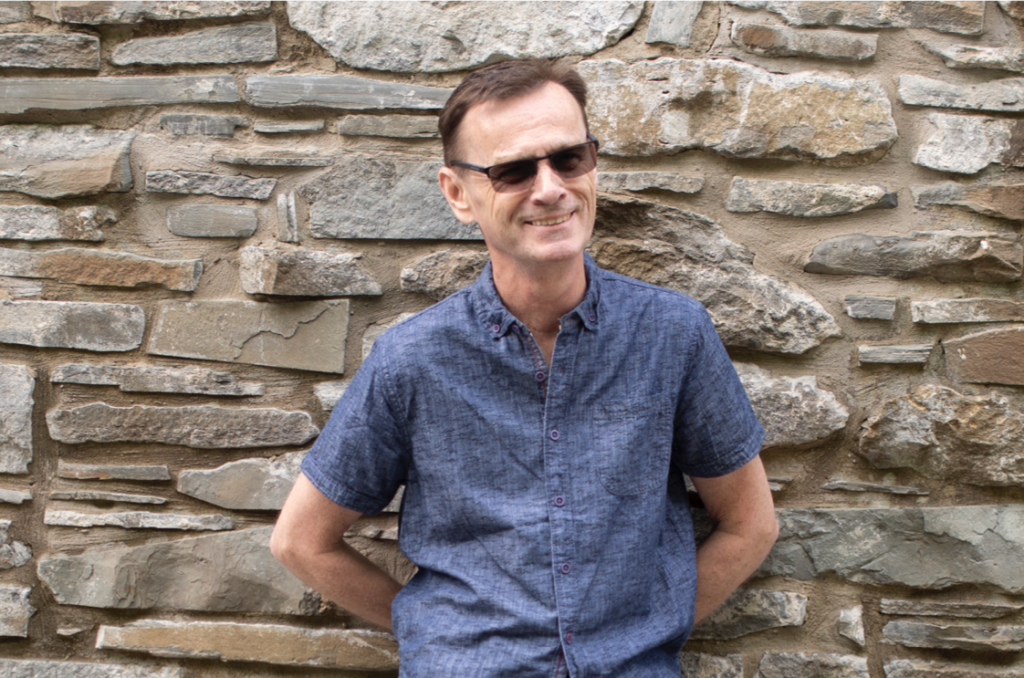
In 1968 I was diagnosed with a Wilm’s tumour. It was firmly wrapped around my left kidney so that both the kidney and tumour had to be removed. I was all of five or six years old. Unfortunately the cancer metastasized to my liver in 1971, which required another major operation. This was a more complicated procedure since unlike the kidney, we only have one liver. My parents were told that I had six months to a year to live. An American specialist was brought up to perform an experimental operation at SickKids. He removed the larger lobe of my liver; at that time only the second child to have such a procedure. Perhaps there is some medical history I’m a part of.
This is more than enough for a child, or anyone for that matter, to have to endure. As fate would have it though, the disease metastasized yet again – this time to my lungs. Surgery was not an option and I was treated with chemo and radiation at the old Princess Margaret Hospital. I don’t remember being sick in grade five or six so this must’ve been grade four. I was in a portable that year and remember the other kids pulling off my wig and throwing it around. My mom has told me that the goal was to keep me alive until puberty kicked in, and then I’d be safe from this particular form of childhood cancer.
“By far not a “normal” childhood, but a normalized one.”
I’ve glossed over six to eight years of my life. I have some vivid, and some blurred memories, but that’s natural for someone in his fifties looking back on his prepubescent self. To my family’s credit I don’t think I missed out on much in my childhood. I went to school, the summer cottage, played street hockey, and house league hockey. By far not a “normal” childhood, but a normalized one. I’ve got scars, mostly just physical ones, that serve as reminders of what I went through.
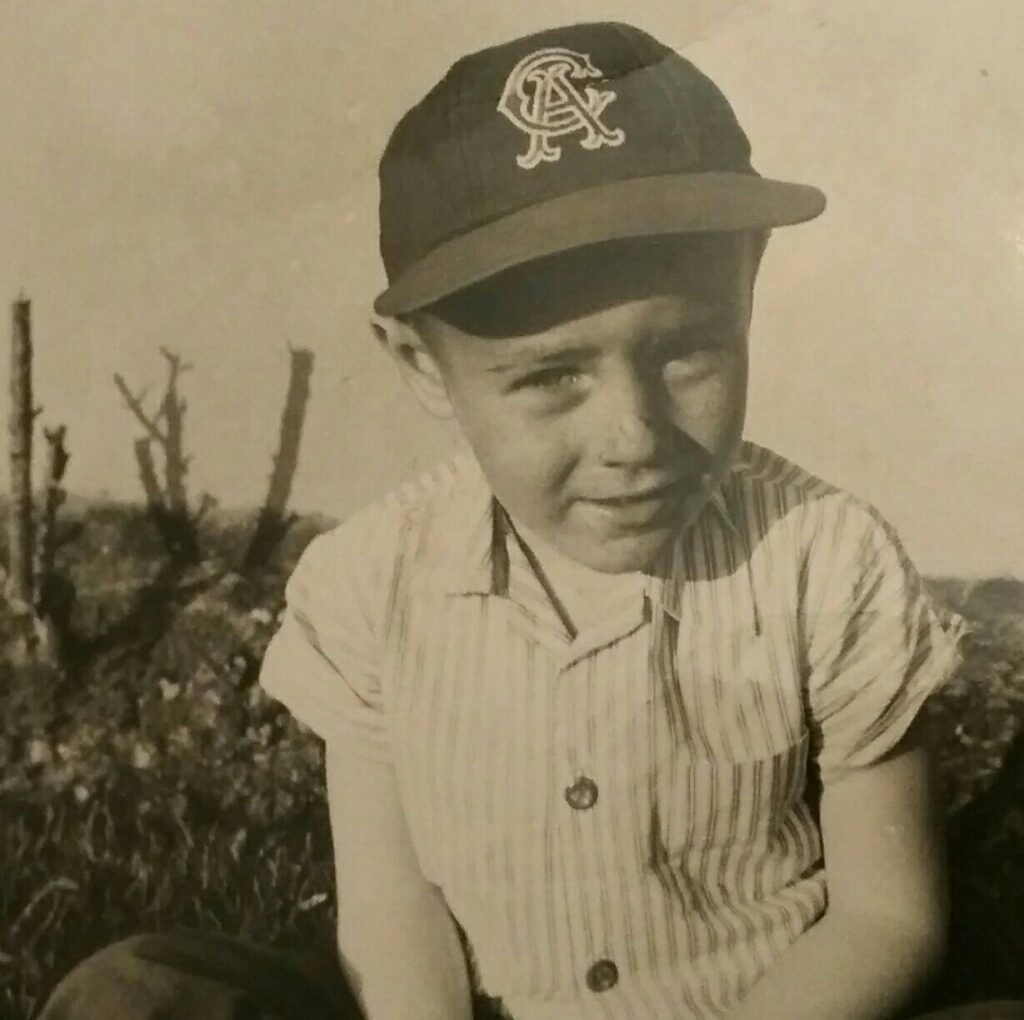
I’ve been in long-term follow-up for a long time. As a child I’d go with my mom to The Princess Margaret Hospital for check-ups where we’d do blood tests, x-rays, see the doctor, and be thankful when we could leave. But I don’t recall seeing other children. I have check-ups every two years now and still don’t see anyone in my age group, so the fact has slowly crept in: there are very few childhood cancer survivors from my period.
“Long-term check-ups are very important since the treatment that saved me from cancer can also cause cancer.”
Long-term check-ups are very important since the treatment that saved me from cancer can also cause cancer. In 2007 I was diagnosed with thyroid cancer, a direct result of the radiation treatment I received as a child, and had to have my thyroid removed. I’ve also had basal cell carcinomas on my back and abdomen removed. These are a form of skin cancer which is benign when caught early. The radiation treatment also left me with about 40% lung capacity, so I get winded easily. I guess I have a few things to complain about, but I don’t. Every day, the good ones and the worst since 1968, have been a gift. I’m thankful.
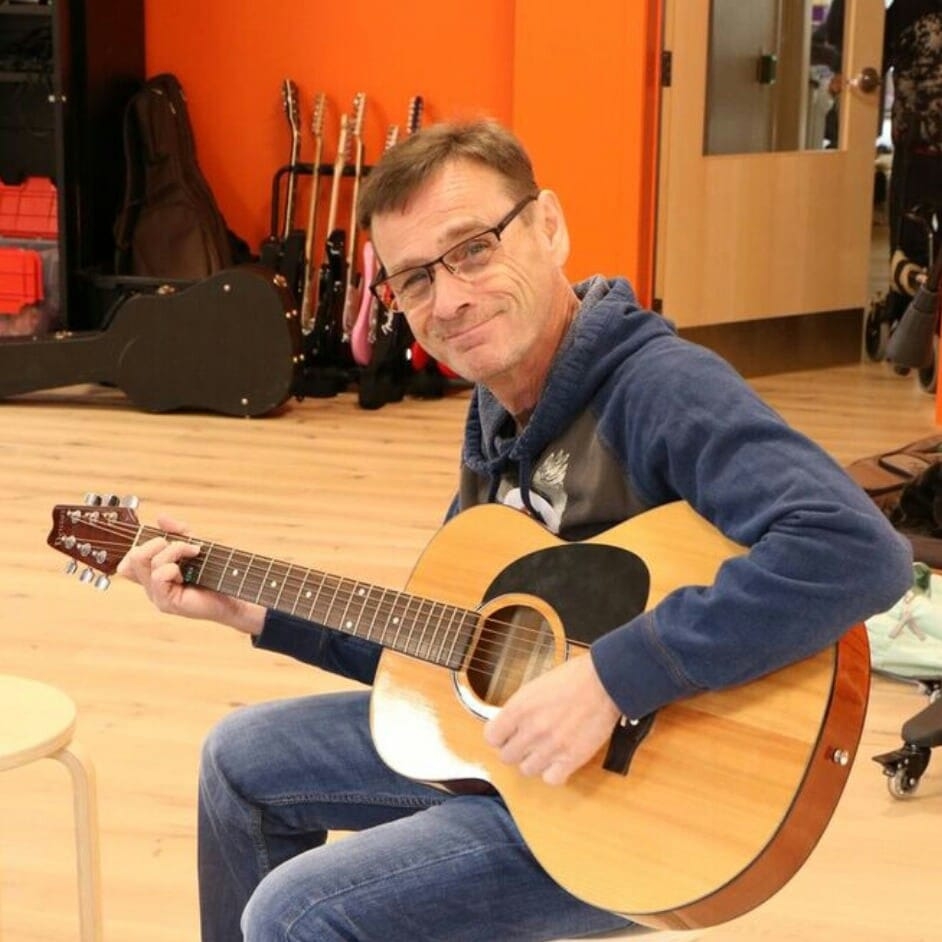
In 2011 I read about a conference for survivors of childhood cancer being held a 10 minute drive from where I live. This is what I had wanted: to connect with a group of people with similar experiences. I didn’t go. I didn’t go because it was 1 week after my 12-year-old son had passed due to childhood cancer. He had neuroblastoma, which he was cleared of for five years, only to be taken by malignant nerve sheath tumours. Not the same, not hereditary, no connection to my cancer. As many doctors have told us, just really bad luck.
“Physical, mental, and spiritual scars; we all have them to differing degrees…”
Two years later I attended the conference for adult survivors of childhood cancer at Camp Ooch. Most of the other attendees were younger than me, but there were a few as old, or even older. It was here that I discovered how varied survivorship is. Physical, mental, and spiritual scars; we all have them to differing degrees, but at the conference we helped each other heal and cope. For me it was an enlightening experience – I had found my people. We are not alone! I’ve returned each year there is a conference, not just as an attendee, but often now as a contributor.
To my mind, this connectivity is perhaps the greatest thing to happen for childhood cancer survivors. Once the treatments are complete and successful, there is still a life to live. Support networks have formed for survivors that can help with issues from survivor’s guilt, to PTSD, and even work-related challenges. None of us came through unscarred but at least now there are people that have been there, done that, and are willing to help others. I’m thankful for CCSC, for providing a forum where childhood cancer survivors can help each other – because none of us get through it alone.
Les
Richmond Hill, Ontario

